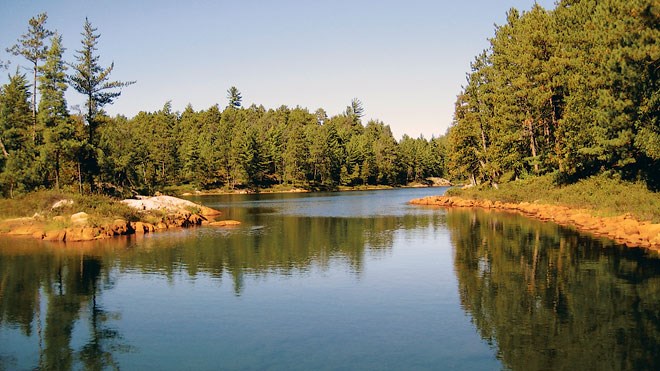I am sitting here in the middle of Nepahwin Park, marveling at this public oasis in the middle of Sudbury. The park was originally owned by the Finns, who developed their sports and cultural community here and elsewhere.
There was a wonderful sense of community. It was not about greed or an accumulation of wealth, but a deep commitment to make life better for everyone.
Everyone was welcome to the sports activities, which often were free. Sports of today are too expensive for far too many children.
I am very disappointed in today’s society of sheer neglect of too many or what really matters.
The environmental mess begins at the top with the Conservatives with Prime Minister Stephen Harper, who has gutted 80 per cent of the protection for our lakes across Canada.
Our present city council has voted for a subdivision to be built close to Ramsey Lake, which is our drinking water. Too many gas guzzling motor boats are allowed on our lakes. In much of Northern Europe, this is forbidden.
I believe that council for the City of Greater Sudbury is allowing too much building too close to our lakes.
Blue-green algae in Lake Nepahwin and Ramsey Lake, I believe, are the result of fertilizer seeping into our lakes. We all need green lawns at the risk of environmental damage.
If the city needs more revenue, start charging taxes from Vale on underground natural resources. Slurry trucks are ruining our roads. It’s called corporate welfare.
The Conservatives and Liberals are cut from the same cloth.
There will not be swimming in our lakes unless council gets more guts, and the public takes a stand for our environment.
Raili Johnson
Sudbury
Join Sudbury.com+
- Messages
- Post a Listing
- Your Listings
- Your Profile
- Your Subscriptions
- Your Likes
- Your Business
- Support Local News
- Payment History
Sudbury.com+ members
Already a +member?
Not a +member?
Sign up for a Sudbury.com+ account for instant access to upcoming contests, local offers, auctions and so much more.
